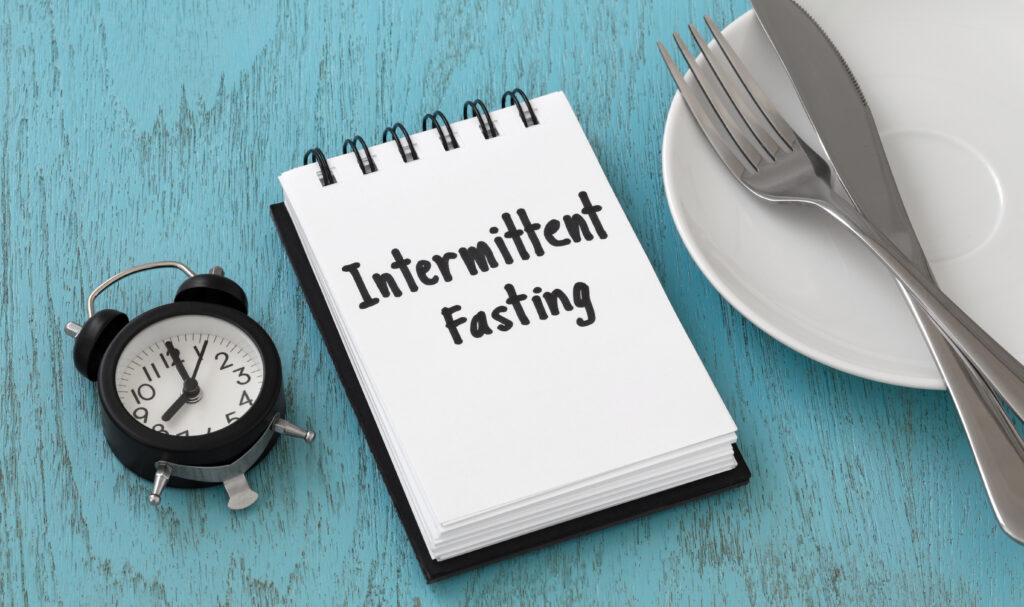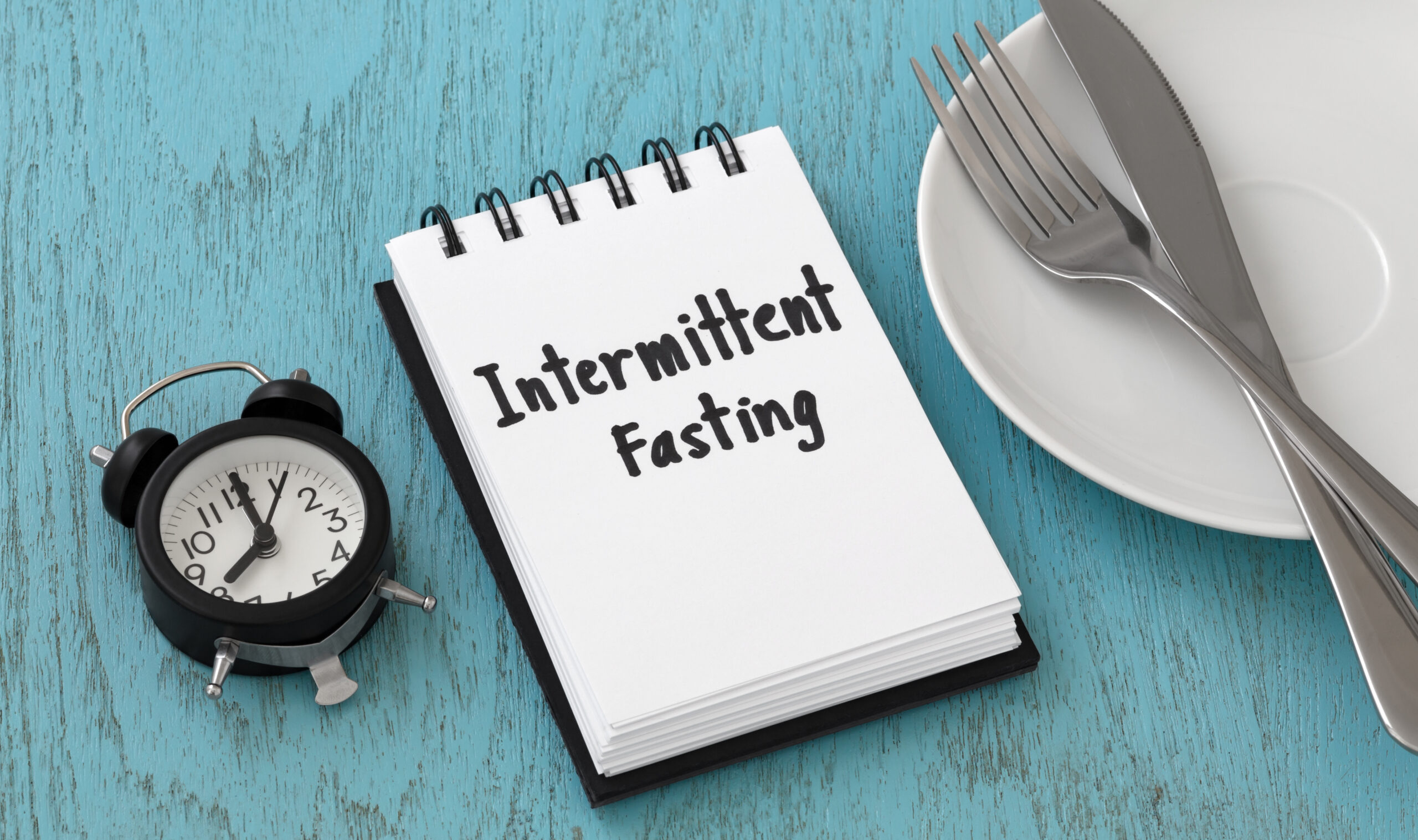
If you want to achieve weight loss, you should consider intermittent fasting. It is easy to follow, and is a very safe and reliable way to lose weight quickly.
What Is Intermittent Fasting?
Intermittent fasting is a pattern of eating that cycles between periods of eating and fasting. You can eat whatever you want, but only during a specific time frame. It has been proven that eating small meals throughout the day can keep your body’s metabolism on automatic and can give you the energy you need.
Fasting is beneficial in many different things, and there are no significant side effects, though there are still some minor ones. When you start fasting, you can avoid problems with gaining weight or losing weight, and you can have a faster metabolism. Nonetheless, make sure to check with your doctor before starting intermittent fasting to prevent health complications.
It Is Safe?
Intermittent fasting has become one of the most popular health and fitness trends in recent years. Many people are using it to not only shed excess pounds, improve their overall health, and simplify their lives, but also to enhance their sexual performance. Several studies have revealed that it can significantly improve your cognitive abilities, particularly when it comes to memory and attention span. Additionally, a wide range of clinical trials has shown that it can even help you live longer and increase the likelihood of having fewer cardiovascular complications.
Is it safe to do intermittent fasting? This is a question that many people ask when they first consider the idea. It’s a viable and healthy alternative to traditional diets, especially when combined with a healthy lifestyle. It’s important to remember, however, that intermittent fasting is not a substitute for a healthy diet and regular exercise. To reap the full benefits of intermittent fasting, you need to make sure that you eat a balanced diet, which includes a healthy provision of meats, nuts, whole grains, and low-fat dairy products, and enough fluids to sustain your energy and hydration needs. This will ensure that you reach your fitness goals.
Many people consider intermittent fasting not only as a healthy way to lose weight, but also a great way to improve overall health and wellness. Let’s look at a few benefits and how they can help you.
Health Benefits Of Intermittent Fasting
- Easy To Participate In
When fasting, you do not have to have a special diet or some particular medication. You do not have to wait weeks or months for your body to adjust to a new diet plan, making this method very easy to follow and one of the safest ways for a long time.
- Increases Metabolism
Intermittent fasting is a very powerful tool that can be used to help increase your metabolism, burn more calories, and reduce your fat percentage. Your appetite is also satisfied when you’re fasting, and you will be able to eat foods that you usually would not eat while you’re on other types of dieting. Your body will feel full when you eat, so you will not have to eat an excessive amount of food or starve yourself. This will help you achieve weight loss in just a couple of days.
- Helps Regulate Your Body Temperature
Fasting can help regulate your body temperature. This means that your body doesn’t overreact to your food choices, and helps regulate your energy level and helps you keep a healthy diet.
- Helps Control Insulin Levels
Fasting can also help you control your blood sugar levels. When you are fasting, your insulin level decreases. This means that your blood sugar level decreases as well. Fasting helps regulate your blood pressure levels by making your blood pressure levels easier to control.
Recently, a new study comparing three men reported that intermittent fasting could also aid in reversing type 2 diabetes. All three men were able to completely halt insulin therapy within a week of beginning the intermittent fasting regimen. One of these men was able to do this after just five days of this fasting technique. This study was published in the Journal of Diabetes and Metabolism and was led by researchers at the Interventional Diabetes Program and the School of Public Health at Indiana University. The three men who participated in the study had to fast from one to eight consecutive days for at least 24 hours in a row.
Conclusion
If you are serious about achieving weight loss, then you should look into intermittent fasting. It is not only safe, but it will also help you reach your weight loss goals. Always remember to do your research before starting, and ask your family doctor. This will help avoid any serious health problems that might come with fasting. If you start feeling funny or are experiencing side effects, please contact your doctor immediately to avoid having any serious complications.
